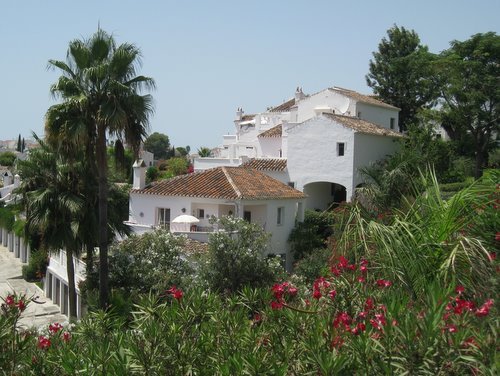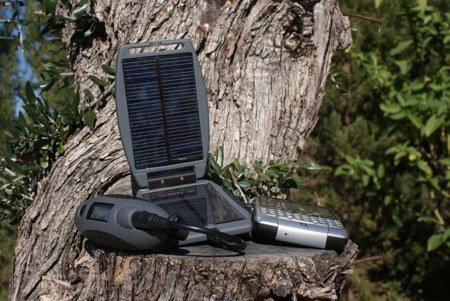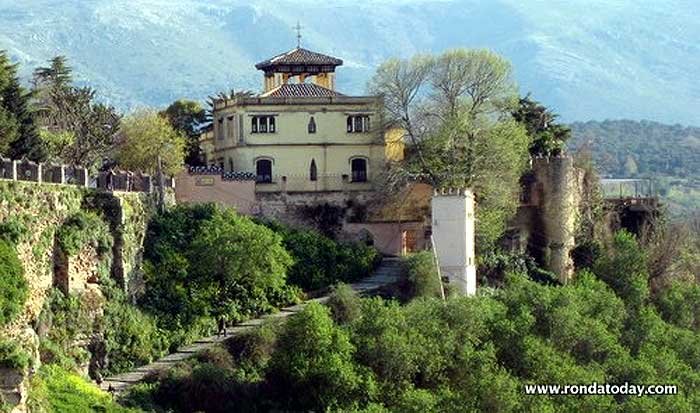Welcome to Spain, and the joys of using British electrical appliances in your Spanish property. We all know the move to Spain isn’t cheap, but the great news is that most of the appliances you bought in the UK will work here in your new Spanish property, and you don’t need to be concerned about the different voltage in most cases.
I’ve been living in this lovely area of Western Andalucia for the last 20 years or so and dedicate most of my time to the running of English language tourist information websites for the towns of Cádiz, Ronda, Grazalema, the famous or infamous Caminito del Rey, and also Wildside Holidays, which promotes sustainable and eco-friendly businesses running wildlife and walking holidays in Spain. My articles contain affiliate links that will help you reserve a hotel, bus, train or activity in the area. You don’t pay more, but by using them you do support this website. Thankyou!




